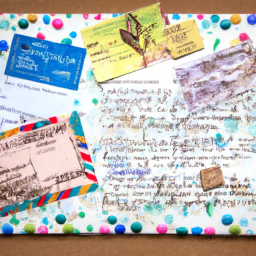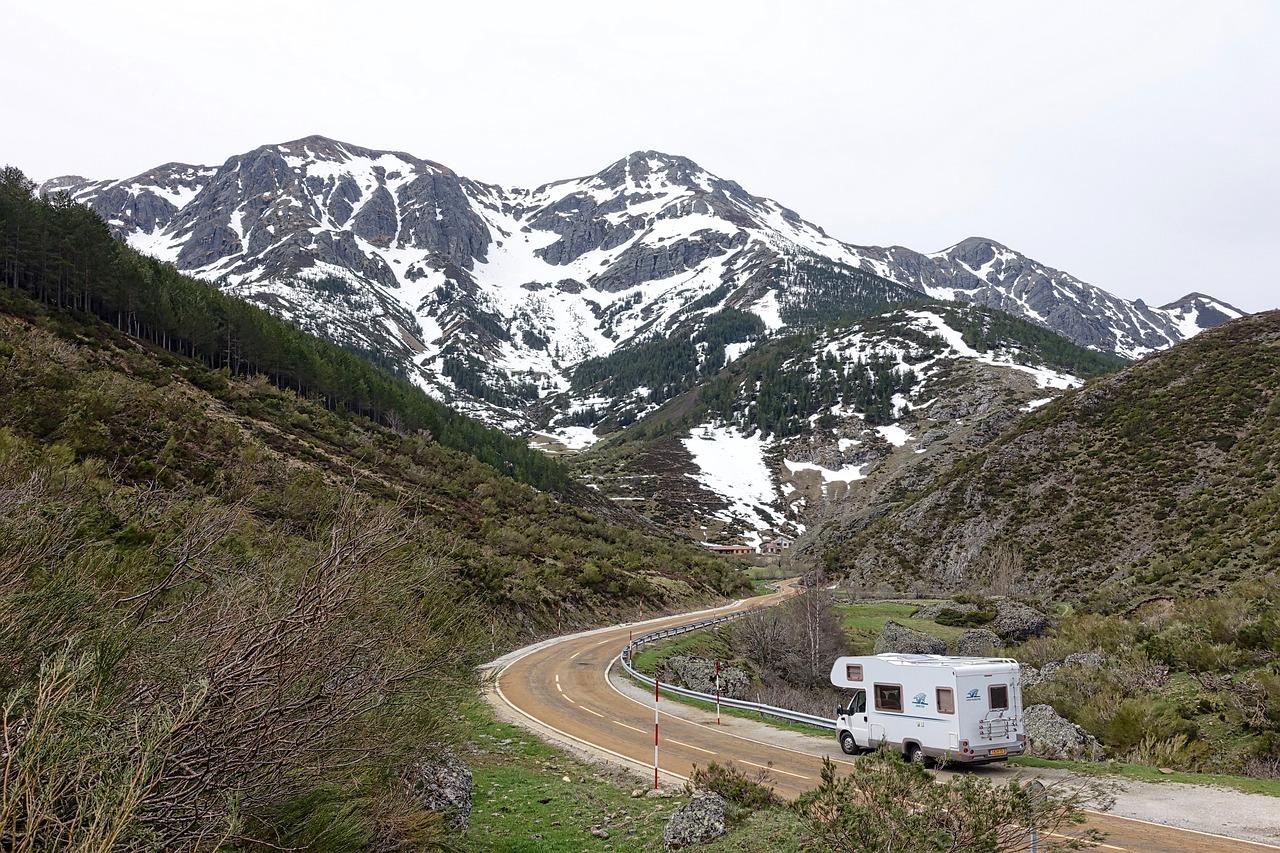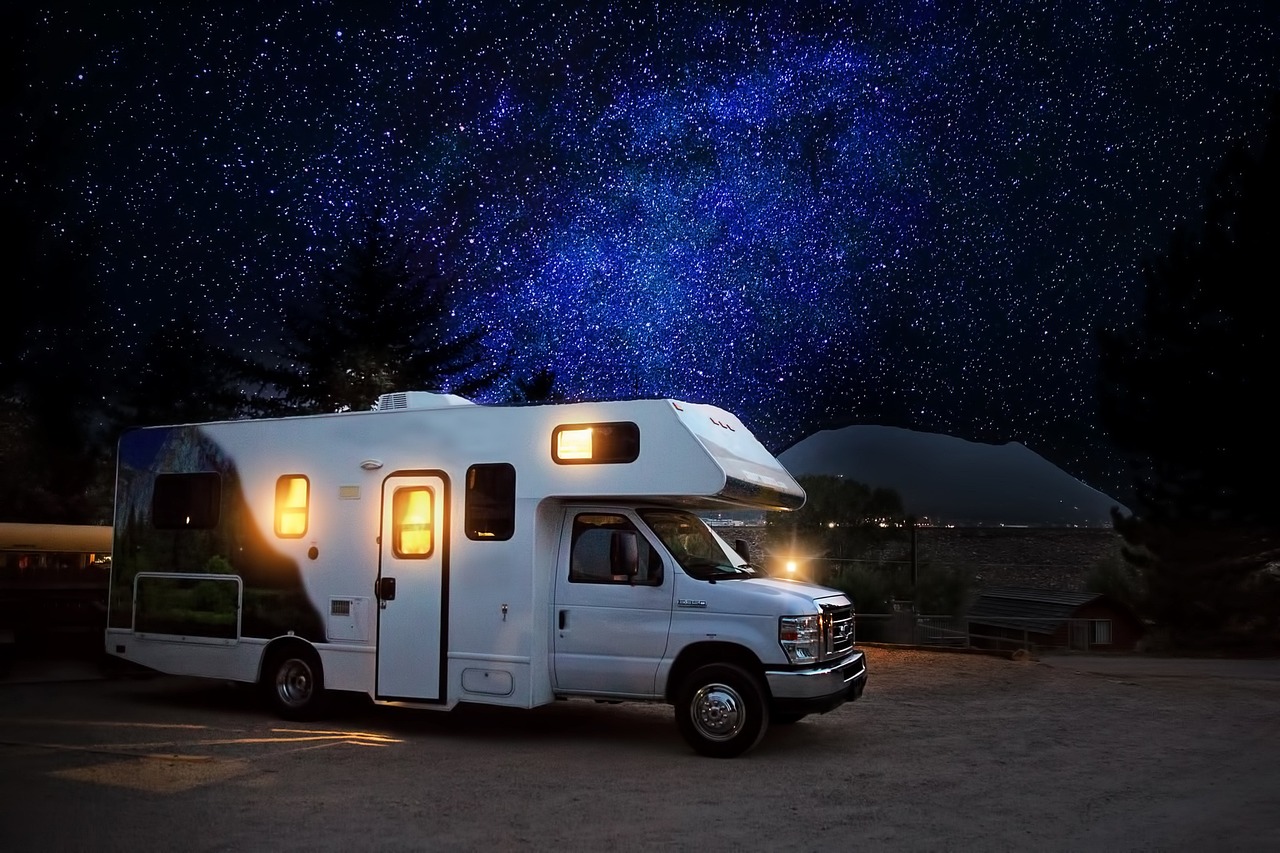
You’ve been dreaming about quitting your job and embarking on an adventure-filled journey around the world. Well, the good news is that it’s entirely possible to turn this dream into a reality. In this article, we’ll guide you through the steps to successfully quit your job and set off on an exciting travel adventure, from saving money and planning your itinerary to handling the logistics of leaving your job behind. So, if you’re ready to escape the daily grind and embrace a life of travel, this article is for you. Let’s get started!
Assessing Your Current Situation
Identifying reasons for wanting to travel
Before embarking on the journey of quitting your job and traveling, it’s important to identify the reasons behind your desire to travel. Are you seeking adventure and new experiences? Do you want to explore different cultures and learn more about yourself? Understanding your motivations will help guide your decisions and ensure that your travel experience fulfills your expectations.
Evaluating your dissatisfaction with your job
Take the time to evaluate your level of dissatisfaction with your current job. Is it a temporary feeling of burnout or a long-term dissatisfaction? Consider factors such as work-life balance, career growth opportunities, and job satisfaction. Understanding what is causing your dissatisfaction will help you determine if quitting is the right decision for you.
Understanding the impact of your decision
Quitting your job and traveling is a major life decision that will undoubtedly have an impact on various aspects of your life. Consider the potential consequences, both positive and negative, such as financial implications, career progression, and relationships. Being aware of the potential impact will help you make an informed decision and be prepared for the changes that lie ahead.
Planning Your Travel Goals
Choosing destinations
One of the most exciting aspects of traveling is choosing your destinations. Consider your interests, budget, and the type of experiences you’re seeking. Are you drawn to the bustling cities, serene beaches, or majestic mountains? Research different countries and cities, gather inspiration from travel blogs and documentaries, and create a list of destinations that resonate with you.
Determining the length of travel
Deciding on the length of your travel is crucial for effective planning. Are you looking to take a short-term break or embark on a long-term backpacking adventure? Consider factors such as your financial situation, job prospects upon return, and personal commitments. Determine a realistic timeframe that aligns with your goals and resources.
Setting a realistic travel budget
Traveling requires financial planning, and setting a realistic travel budget is essential. Consider expenses such as flights, accommodations, food, transportation, visas, and activities. Research the cost of living in your chosen destinations and create a budget that includes both fixed and variable expenses. Be mindful of your spending habits and ensure your budget allows for flexibility.
Planning for travel experiences
In addition to visiting popular tourist attractions, consider planning for unique travel experiences. Research local events, festivals, and activities that align with your interests. Connect with local communities and consider volunteering opportunities or participating in cultural exchange programs. Planning for these experiences will allow you to create memorable moments and gain a deeper understanding of the places you visit.
Saving for Your Trip
Creating a savings plan
To fund your travel, it’s important to create a savings plan. Determine how much money you need to save and set a specific timeframe for achieving your savings goal. Break down your savings target into smaller milestones to help you stay motivated. Consider automating your savings by setting up automatic transfers from your paycheck to a separate travel savings account.
Identifying ways to cut costs
Cutting costs in your daily life can help accelerate your savings. Evaluate your expenses and identify areas where you can reduce spending. This could include eating out less frequently, finding more affordable entertainment options, or limiting non-essential purchases. Every dollar saved brings you closer to your travel goals.
Exploring additional income sources
If saving alone is not enough, consider exploring additional income sources to boost your travel funds. This could involve taking on a part-time job, freelancing, or starting a small side business. Look for opportunities that align with your skills and interests, and dedicate the extra income to your travel savings.
Considering travel rewards and points
Maximize your travel budget by taking advantage of travel rewards and points. Consider signing up for travel credit cards that offer bonus points or miles for signing up or making purchases. Research loyalty programs offered by airlines, hotels, and other travel providers to earn rewards and discounts. By strategically using these rewards, you can reduce your travel costs significantly.
Managing Personal Finances
Paying off debts
Before embarking on your travel journey, it’s wise to pay off any existing debts. This will not only ensure financial peace of mind but also help you avoid unnecessary interest charges and fees. Create a plan to tackle your debts systematically, focusing on high-interest debts first. Consider consolidating your debts or negotiating lower interest rates to accelerate your repayment progress.
Creating an emergency fund
Having an emergency fund is essential for financial security, especially when traveling. Aim to save three to six months’ worth of living expenses in an easily accessible account. This fund will provide a safety net in case of unexpected expenses, medical emergencies, or any other unforeseen circumstances while you’re away.
Understanding travel insurance
Travel insurance is a crucial aspect of managing your personal finances while traveling. It offers financial protection against potential risks such as trip cancellations, medical emergencies, lost luggage, and travel disruptions. Research different travel insurance options, compare coverage, and choose a plan that meets your needs. Ensure you understand the terms and conditions, including any exclusions or limitations.
Setting up overseas bank accounts
If you plan on traveling for an extended period or working abroad, consider setting up overseas bank accounts. This will make managing your finances easier, as you can avoid international transaction fees and currency conversion charges. Research local banking options in your chosen destination and open an account that allows you to access your funds conveniently.
Handing Work Responsibilities
Communicating your decision to your employer
When it’s time to inform your employer about your decision to quit, approach the conversation professionally and respectfully. Schedule a meeting to discuss your plans and provide clear reasons for your departure. Offer to assist with the transition process and propose a plan for completing outstanding projects or responsibilities. Leave a positive impression by expressing gratitude for the opportunities and experiences gained during your time with the company.
Helping with the transition process
To ensure a smooth transition, offer your assistance in handing over your work responsibilities. Document important processes, tasks, and contacts to help your colleagues understand your role. Offer to train or mentor your replacement, if applicable. By providing valuable support during the transition, you can preserve professional relationships and leave on a positive note.
Meeting obligations and deadlines
Until your last day at work, it’s important to continue meeting your obligations and deadlines. Maintain professionalism and productivity to uphold your reputation and leave a lasting impression of your work ethic. Prioritize tasks, manage your time effectively, and seek support from colleagues if needed.
Preserving professional relationships
Leaving your job does not mean severing professional relationships. Stay in touch with colleagues and former supervisors through networking platforms or social media. Connect with them periodically to maintain relationships and stay informed about industry developments. Building a strong professional network can be valuable for future career opportunities.
Planning for Career Breaks
Evaluating the impact on your career
Taking a career break for travel can have both positive and negative impacts on your career. Evaluate your industry, job prospects, and long-term career goals. Consider how the break will be perceived by potential employers and whether you can leverage your travel experiences to enhance your professional skills. Balancing the potential benefits with the potential setbacks will help you make an informed decision.
Planning for future career moves
While traveling, it’s important to consider your future career moves. Identify industries or roles that align with your interests and skillset. Research professional development opportunities, certifications, or courses that can enhance your qualifications. Stay updated with industry trends, job market requirements, and networking opportunities to set yourself up for success upon your return.
Maintaining professional skills and networks
Even while traveling, it’s crucial to maintain and develop your professional skills. Consider online courses, virtual workshops, or industry-related reading to stay updated and engage with your field of expertise. Attend networking events or join professional organizations in your travel destinations to expand your network and establish connections.
Considering freelance or remote work
If you want to continue working during your travels, consider freelance or remote work opportunities. Freelancing allows you to work on short-term projects or contracts, providing flexibility and income while you explore different destinations. Remote work allows you to work for a company or organization from anywhere in the world. Research online job platforms or connect with remote work communities to find suitable opportunities.
Preparing for Your Trip
Booking flights and accommodations
Once you have finalized your travel plans, start booking your flights and accommodations. Compare prices, consider different airlines and hotels, and be flexible with travel dates to find the best deals. Use reliable travel websites or work with a travel agent to ensure a smooth booking process. Check visa requirements and ensure you have the necessary documentation before booking any flights or accommodations.
Packing essentials
Packing efficiently is essential for stress-free travel. Research the weather conditions and cultural norms of your destinations to determine the appropriate clothing and accessories. Create a checklist of essentials such as toiletries, medication, electronics, travel adapters, and important travel documents. Pack light and prioritize versatile items that can be mixed and matched.
Understanding visa requirements
Before traveling to any country, familiarize yourself with the visa requirements. Research the visa application process, fees, and necessary documents. Determine whether you need to apply for a visa in advance or if you can obtain one on arrival. Give yourself ample time to gather all the required documents and submit your application to avoid any last-minute complications.
Getting necessary vaccinations
Protecting your health while traveling is crucial, and getting necessary vaccinations is an important part of the process. Research the recommended vaccinations for your chosen destinations and consult with a travel health professional or your healthcare provider. Schedule your vaccinations well in advance, as some vaccines require multiple doses or may take time to take effect.
Creating a Daily Travel Budget
Estimating daily living costs
Creating a daily travel budget involves estimating your daily living costs in your chosen destinations. Research the cost of accommodation, food, transportation, and activities in each location. Consider whether you will be cooking your meals or dining out, using public transportation or renting a vehicle, and participating in costly activities or opting for free alternatives. Be realistic about your spending habits and adjust your budget accordingly.
Planning for unexpected expenses
Even with careful planning, unexpected expenses can arise while traveling. It’s important to account for these unexpected costs in your daily travel budget. Set aside a portion of your budget as a contingency fund to cover any emergencies or unforeseen circumstances. This will provide peace of mind and ensure you are financially prepared for any challenges that may arise.
Balancing splurges and savings
While traveling, it’s important to strike a balance between enjoying splurges and saving for your long-term travel goals. Allocate a portion of your budget for splurges such as fine dining, unique experiences, or luxury accommodations. However, keep in mind the overall goals of your trip and avoid overspending on unnecessary indulgences. Find a balance that allows you to enjoy the journey while staying within your financial means.
Utilizing budgeting tools and apps
Utilize budgeting tools and apps to track your expenses and stay within your daily travel budget. There are various apps available that allow you to input your expenses, categorize them, and visualize your spending patterns. These tools can help you make more informed spending decisions, identify areas where you can save, and adjust your budget as needed.
Transitioning to Nomadic Lifestyle
Adapting to new cultures and environments
Transitioning to a nomadic lifestyle requires adaptability and openness to new cultures and environments. Embrace the differences you encounter, such as language, customs, and social norms. Educate yourself on local etiquette and traditions to show respect and avoid inadvertently offending others. Engage with the local community, learn from their perspectives, and be open to new experiences.
Staying safe while traveling
Prioritize your safety while traveling by staying informed and taking necessary precautions. Research safety guidelines for each destination, including potential risks, local laws, and emergency contacts. Be vigilant of your surroundings, especially in unfamiliar areas. Travel with a trusted companion whenever possible, and ensure you have access to emergency contacts and travel insurance information.
Maintaining health and wellness
Maintaining good health and wellness while traveling is essential. Practice regular hygiene habits, including washing hands and using hand sanitizers. Stay hydrated and eat well-balanced meals to keep your energy levels up. Prioritize sleep and take breaks when needed to avoid burnout. Incorporate physical activities into your daily routine to stay active and reduce stress.
Making friends and building a travel community
Traveling can be a lonely experience if you don’t make an effort to connect with others. Actively seek opportunities to make friends and build a travel community. Join group activities, stay at hostels or accommodations that promote social interaction, or participate in local events or meetups. Use social media or travel forums to connect with other travelers and share experiences. Building a travel community will not only enhance your journey but also provide support and companionship along the way.
Returning Home
Planning for reentry
Returning home after an extended period of travel requires careful planning. Consider practical aspects such as arranging transportation from the airport, ensuring you have access to your home, and stocking up on essentials before your arrival. Plan for any necessary quarantine or health protocols that may be in place. Mentally prepare yourself for the transition and be patient with the adjustments that come with returning to your daily routine.
Adjusting to life after travel
Adjusting to life after travel can be challenging. Take the time to reflect on your experiences, appreciate the personal growth and lessons learned, and allow yourself time to readjust. Stay connected with friends and family, sharing your travel stories and listening to their experiences as well. Engage in activities that bring you joy and provide a sense of purpose as you settle back into your routine.
Addressing gaps in your resume
If you took a career break to travel, it’s important to address any gaps in your resume. Highlight the skills and experiences gained during your travels, emphasizing how they have enhanced your personal and professional growth. Focus on transferable skills such as adaptability, problem-solving, and cultural competence. Consider volunteering or pursuing further education to showcase your commitment to continuous learning.
Finding a new job or resuming your old job
When it’s time to find a new job or resume your old job, approach the process with confidence and enthusiasm. Update your resume to reflect your travel experiences and any new skills acquired. Leverage your expanded network and professional connections to explore job opportunities. Showcase your adaptability, resilience, and ability to work independently, emphasizing your unique perspective gained from your travel experiences.

